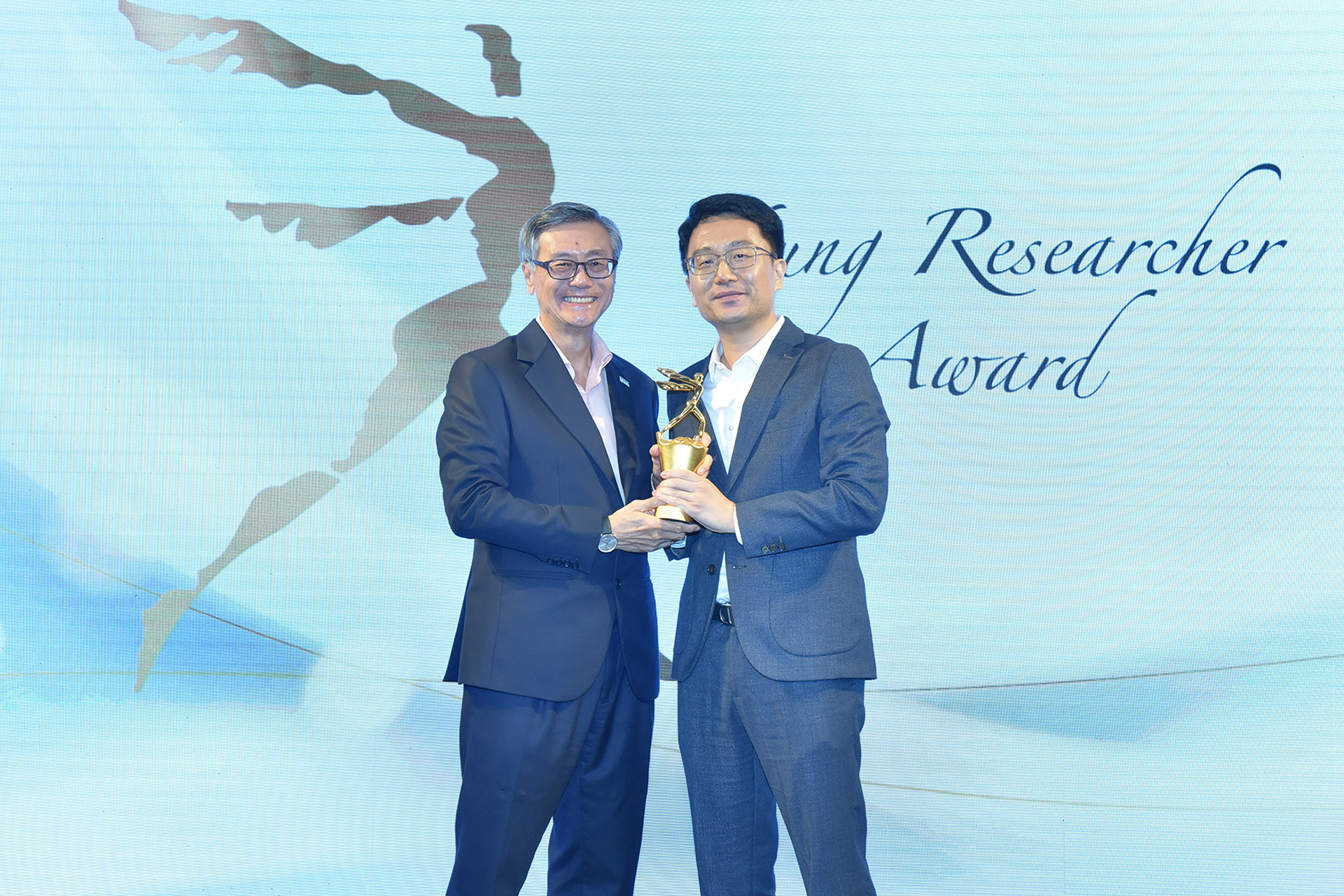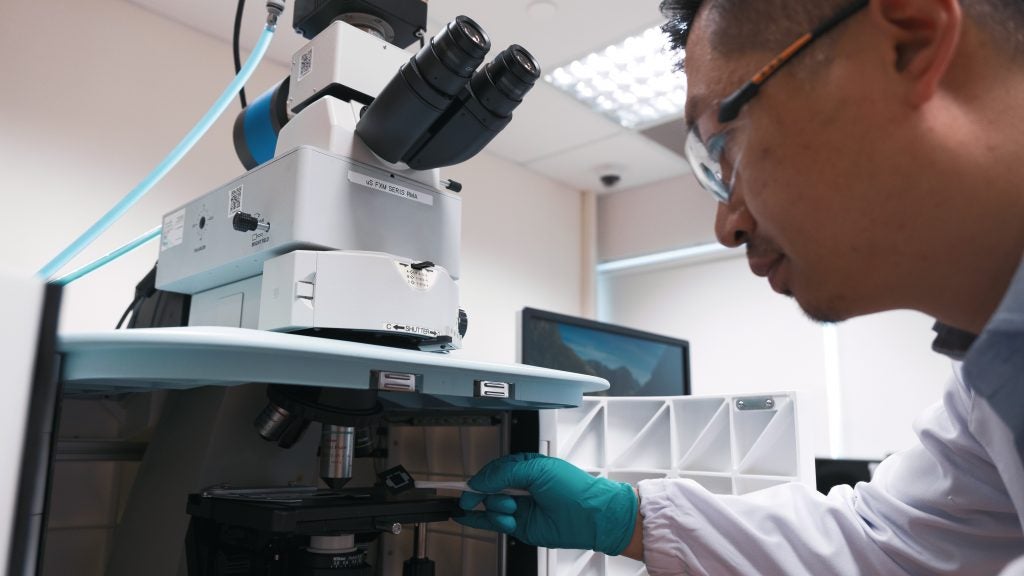
Assistant Professor Wang Xinchao (Electrical and Computer Engineering), a renowned expert recognised internationally in the fields of artificial intelligence and machine learning, has been honoured with the Young Researcher Award at the annual NUS University Awards.
Speaking at the awards ceremony held at the Conrad Singapore Orchard on 30 August, NUS President Professor Tan Eng Chye highlighted that excellence is an enduring core value at NUS. He added, "The winners of the University Award 2024 have reached a high mark and lifted the institution to a higher plane. We are immensely proud of what they have achieved at NUS and of their sterling contributions in various fields." Prof Tan added that he hopes this eye to excellence will continue to motivate members of the NUS community to think of how they as individuals can be quicker, better and more productive in their pursuits.
“It is my absolute honour to receive the NUS Young Researcher Award,” Asst Prof Wang said. “I am very proud of being a member of ECE, CDE, and NUS, from which I have received all the support I need to pursue the research I am passionate about. I will spare no effort in further advancing the frontiers of machine learning and giving back to the NUS community.”
The annual University Awards honour members of the NUS community who, through their consistently high performance and resolute commitment, set new benchmarks in the areas of education, research and service. The Young Researcher Award is given to researchers under the age of 40 to recognise their outstanding research achievements and with a specific focus on research impact and quality.
Machine learning
Asst Prof Wang’s research interests span the fields of artificial intelligence, machine learning, computer vision and signal processing. He is known internationally for his work on efficient and trustworthy machine learning for applications, including computer vision and natural language processing.
His notable achievements include inventing the world’s most popular structural pruning approach, DepGraph, for pruning deep neural networks with one line of code in a fully automatic manner. To date, the software has been downloaded over 135,000 times.
Other projects led by Asst Prof Wang include the development of one of the most popular efficient neural network backbones, MetaFormer, which for the first time shows the de facto architectural attribution of transformer neural networks. He also led the design of the world’s first neural network reassembly approach, enabling users to treat neural networks as Lego models and to reassemble network blocks as Lego bricks.
In addition to publishing over 150 papers in top-tier conferences and journals, Asst Prof Wang currently leads research funding - as principial investigator or co-investigator - of more than S$15 million from public funding agencies and industrial partners.





